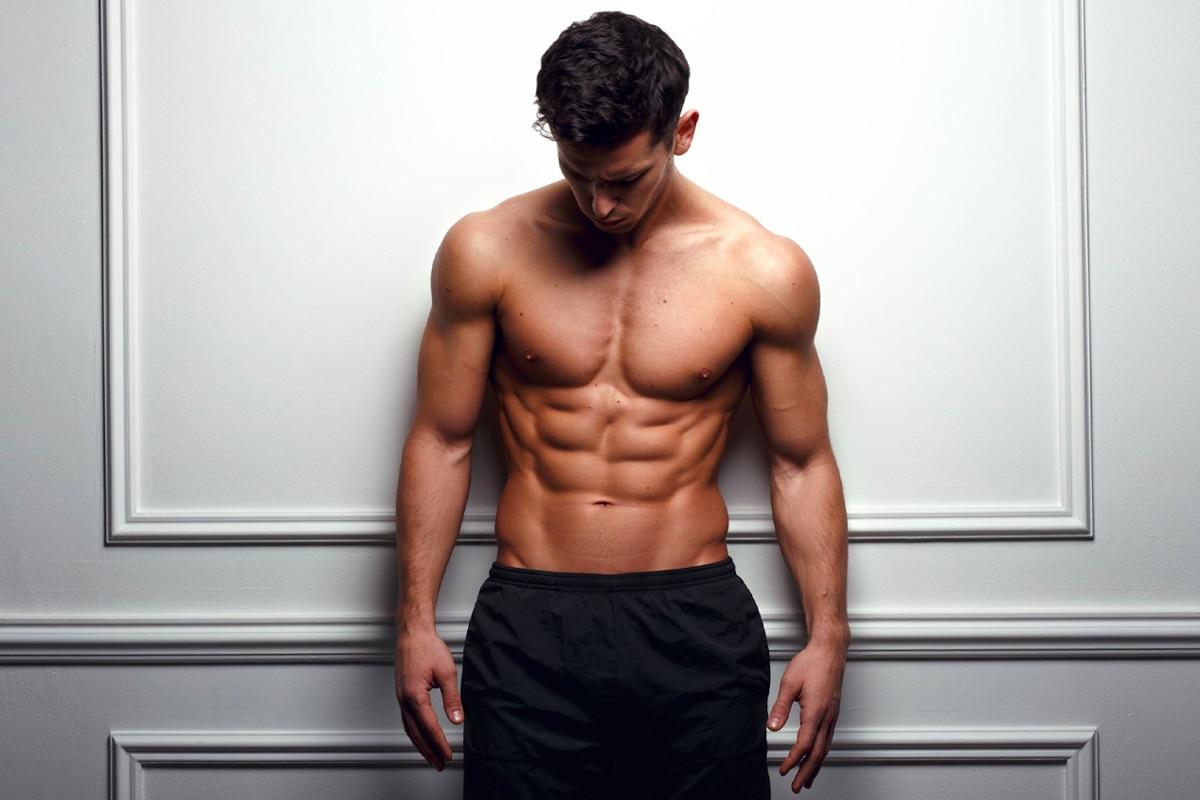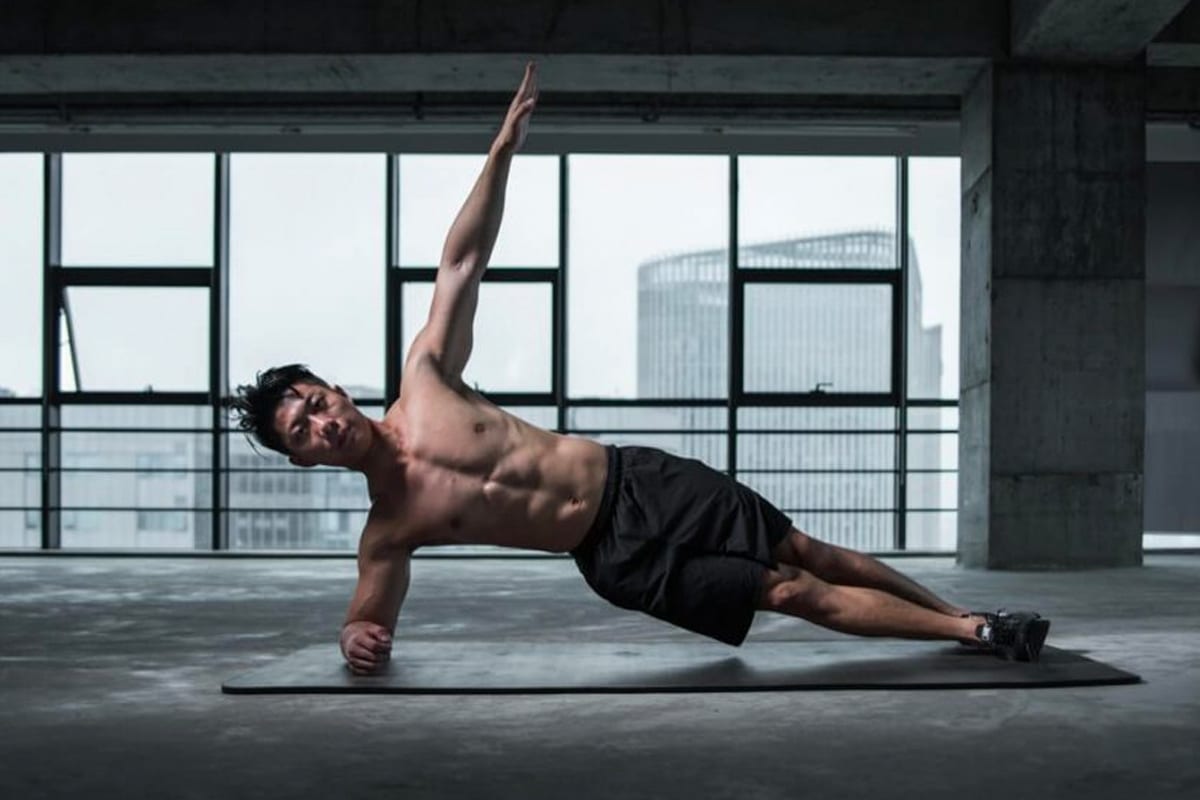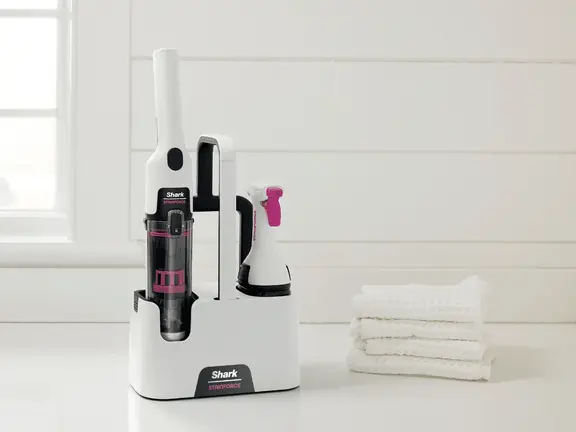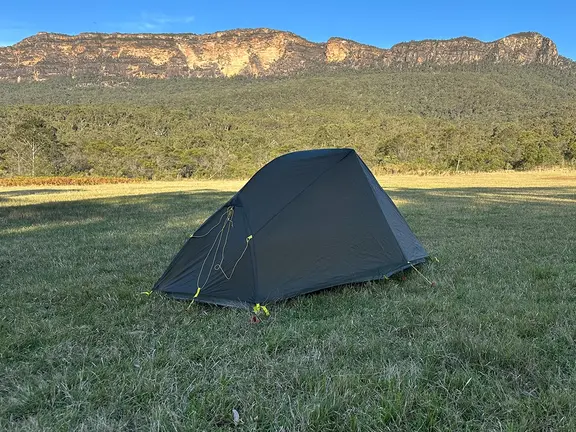
9 Best No-Equipment Home Workouts For Men

Published:
Medically Reviewed by Sam Downing, SIS40215 Certificate IV in Fitness
Readtime: 10 min
Every product is carefully selected by our editors and experts. If you buy from a link, we may earn a commission. Learn more. For more information on how we test products, click here.
Who’s ready to ditch their overpriced gym membership and practice a quality home workout routine instead? If the answer is “you,” then you’ve certainly come to the right place. As it turns out, there are plenty of ways to exercise at home without modern workout equipment. In fact, you can see results using little more than the power of your own body weight.
What remains vital is the same underlying formula of setting goals and refusing to stop until you reach them. One might say that this very approach is the key to success in most of life’s endeavours. To help you make it happen, we present some of the best no-equipment home workouts. But first: let’s answer a common question and then cover some basics about exercising at home.
Best No-Equipment Home Workouts
You’re at home with no equipment and you want to maintain a high-quality workout. What do you do? What. Do. You. Do. You check out the at-home workout routines below, that’s what. Remember, the best way to get results is to employ the progressive overload strategy, which is as follows: increase your reps, decrease your rest times between each set, incorporate new and more challenging variations, push yourself to failure, and increase your time under tension. Without further delay, here are nine effective workouts and their equipment-free exercises to do at home:
1. Beginner Home Workout
This at-home workout is for when you’re just starting out. It covers a number of basics without pushing your body to extremes. One of the exercises asks you to swap in a local form of weight like books, which we’re not counting as equipment. Complete the following circuit 5 times:
- Air Squats x 20 reps
- Walking lunges x 10 reps each leg
- Push-ups x 10 reps
- Dumbbell rows x 10 reps (use a stack of books or other weight)
- Plank x 30 seconds
- Jumping Jacks x 30 rep
- Complete entire circuit 5 times
Time: 20 minutes
Rest: 10 seconds between exercises
Reps: 5 circuits
2. Advanced Home Workout
This no-equipment home workout is quite similar to the beginner home workout but also more intense. It likewise asks that you perform the entire circuit 5 times and involves the following exercises:
- Air Squats x 20 reps
- Walking lunges x 20 reps each leg
- Box Jumps x 20 reps
- Push-ups x 20 reps
- Pistol Squats x 10 reps each side
- Triceps Dips on Chair x 10 reps
- Plank x 1 min
- Complete entire circuit 5 times
Time: 20 minutes
Rest: 10 seconds between exercises
Reps: 5 circuits
3. 20-Minute HIIT Workout
HIIT stands for “High-Intensity Interval Training,” during which you increase intensity levels and decrease rest times to the point of exhaustion. This particular version takes just 20 minutes and goes easier on the joints than most counterparts. Perform the following circuit 6 times:
- Side Kick-Through x 30 seconds
- Rest x 10 seconds
- Air squat x 30 seconds
- Rest x 10 seconds
- Jumping Lunges x 30 Seconds
- Rest x 10 seconds
- Frogger x 30 seconds
- Rest x 10 seconds
- Bicycle crunch x 30 seconds
- Rest x 10 seconds
- Complete entire circuit 6 times
Time: 20 minutes
Rest: 10 seconds between exercises
Reps: 6 circuits
4. Full-Body Cardio Challenge
There’s no treadmill or stationary bike required for this full-body cardio routine. In fact, you don’t need any equipment at all. Perform as many reps as possible (AMRAP) of the following exercises:
- Side Plank Twist x 30 seconds AMRAP
- Squat Pulse x 30 seconds AMRAP
- Tuck Up x 30 seconds AMRAP
- Plank Rock Back and Forth x 30 seconds AMRAP
- Push Ups x 30 seconds AMRAP
- Mountain Climbers x 30 seconds AMRAP
- Bicycle Kicks x 30 seconds AMRAP
Time: 20 minutes
Rest: 15 seconds between exercises
Reps: 5 circuits
5. Scientific 7 Minute Workout
According to a study from 2013, this HIIT workout improves overall fitness levels and even helps with weight loss. We go into way more detail in a separate article, which you can read here. In essence, squeeze the following at-home exercises into a 7-minute window:
- Jumping Jacks
- Wall Sit
- Push Ups
- Abdominal Crunch
- Step-Up onto Chair
- Air Squats
- Triceps Dips on Chair
- Plank
- High Knees Running in Place
- Lunge
- Push-Ups with Rotation
- Side Plank
Time: 7 minutes
Rest: 10 seconds between exercises
Reps: 1 circuits
6. Advanced 7-Minute Scientific Workout
In keeping with the progressive overload strategy, we present an advanced version of the 7-minute scientific workout. Again, you can find a more detailed rundown of this particular routine by checking out our dedicated article. In the meantime, here’s the at-home workout in a nutshell:
- Reverse lunge, elbow to instep with rotation, alternating sides
- Lateral pillar bridge – left
- Push up to row to burpee
- Lateral pillar bridge – right
- Single leg RDL to curl press – left
- Single leg RDL to curl press – right
- Plank with arm lift
- Lateral lunge to overhead tricep extension
- Bent Over row with alternating arms
Time: 7 minutes
Rest: 10 seconds between exercises
Reps: 1 circuits
7. PLP Progressions
Taking the concept of progressive overload to heart, this exacting routine asks you to push yourself a little harder on an escalating basis. The letters PLP stand for three common exercises—pull-ups, lunges, and push-ups—which you’ll perform every day for two months at a time, increasing the reps by a factor of one with each passing day. And yes, we’re firmly aware that a pull-up bar technically counts as equipment, but on the other hand, alternatives do exist (tree branches, for instance) so get creative if you must.
We’ll list out the first three days and let you take it from there. Can you make it for the whole two months? Let’s find out!
- Day 1:
- Pull-ups: 10 reps
- Push-ups: 10 reps
- Lunges: 10 reps (each leg)
- Day 2:
- Pull-ups: 11 reps
- Push-ups: 11 reps
- Lunges: 11 reps (each leg)
- Day 3:
- Pull-ups: 12 reps
- Push-ups: 12 reps
- Lunges: 12 reps (each leg)
8. No-Equipment Arm Workout
“Which way to the gun show?” you ask aloud, flexing your arm before realising that you’re at home and there’s no one else around. Alas, what a bittersweet scenario, but at least you still have those bulging arms. Here’s how to make it happen:
- Triceps Dips on Chair x 20 reps
- Push Ups x 20 reps
- Shadow Boxing x 30 seconds AMRAP
- Plank Taps x 30 seconds AMRAP
- Decline Push Up x 20 reps
- Inline Push Up x 20 reps
- Inchworm x 30 seconds AMRAP
- Diamond Push Up x 10 reps
- Burpees x 30 seconds AMRAP
Time: 20 minutes
Rest: 30 seconds between exercises
Reps: 3 circuits
9. No-Equipment Leg Workout
You know what would go great with your no-equipment arm workout? This similarly effective leg workout. Here are all the exercises:
- Reverse Lunges x 45 seconds AMRAP
- Side Lunges x 45 seconds AMRAP
- High Knees x 30 seconds AMRAP
- Hip Raises x 45 seconds AMRAP
- Box Jumps x 20 reps
- Air Squats x 45 seconds AMRAP
- Burpees x 20 reps
Time: 20 minutes
Rest: 30 seconds between exercises
Reps: 3 circuits

Can You Build Muscle Mass with Bodyweight Exercises?
Yes, you can build muscle mass with bodyweight exercises at home, presuming you employ a method known as progressive overload. As your workout advances over time, you should increase your reps, decrease your rest times between each exercise, incorporate new and more challenging variations, push yourself to failure, and increase your time under tension by slowing your movements so as to put more strain on your muscles. When equipment is involved, performing mechanical drop sets is also part of the progressive overload strategy.
“While we may not have access to the gym, we can absolutely get creative to ensure we stay on track with our fitness, and strive towards our goals,” Michelle Furniss tells Man of Many. The qualified group fitness instructor and Chief Commercial Officer of Health & Fitness, ANZ at Xplor Technologies believes there are a wealth of adaptations around the house you can use to replace equipment or supplement your workout.
“We’re also so fortunate to be living in a time where technology is so readily available and a number of gyms, PT’s and fitness facilities have done a great job at adapting their gym-based exercises to suit Zoom or digital-led,” the fitness expert says. “There are also so many virtual and online sessions, so support your local fitness instructor when you feel like you need something different, whether that be HIIT, pilates, yoga, or a running coach – real instructors, keep us accountable!”
Key Considerations for No-Equipment Home Workouts
As you may soon notice, there’s a decent amount of overlap from one routine to the next. We’ve also broken some of these routines down according to experience level. Naturally, you should determine where you stand physically and then proceed accordingly. Kick things off with a beginner’s routine and then work your way up to a more advanced regimen. And if you’re crunched for time or feeling experimental, we’ve included two versions of an intense bodyweight routine known as the 7-minute scientific workout.
“There are so many no-equipment exercises we can do, to stay fit, and mix up our routines,” Furniss says. “My favourites are bodyweight exercises such as planks, push ups, squats, lunges, chin ups (find a sturdy tree branch!), and tricep dips (find a step, park bench or stool). These compound exercises work multiple muscle groups so are a great all-body workout for those who are time poor or don’t have access to gym equipment.”
At Home Stretching & Warm-Up
Whether you’re at the gym or at home, you’ll want to stretch and warm up before your actual workout. Doing so will increase muscle flexibility so as to prevent injury, reduce soreness, and improve your range of motion. Some experts will say that’s also important to stretch again after your workout is completed and for similar reasons.
There are plenty of ways to get your body warmed up at home with no equipment. Examples include jumping jacks, bodyweight squats, lunges, hip extensions, forward leg swings, spider-man steps, push-ups, and even jogging in place. Keep the intensity level light and stick to about 5 minutes of stretching and warm-up, since you don’t want to wear yourself down before the real workout begins.
Alternatives to No-Equipment Workouts
If you are looking for something different to improve your workout routine, we’ve got you covered. Check out our guides to upper, lower and mid-section workouts and exercises.
No-Equipment Home Workouts FAQ
There are a number of strength training exercises you can perform without equipment. The best way to see results is to practice the strategy of progressive overload, whereby you increase reps, decrease rest times, push yourself to failure, and increase your time under tension as your workouts advance.
There are a TON of exercises that don’t involve equipment. Here are some quick examples: push-ups, lunges, side kick-throughs, air squats, planks, and crunches.
Last medically reviewed on 7 June 2022.






























Comments
We love hearing from you. or to leave a comment.